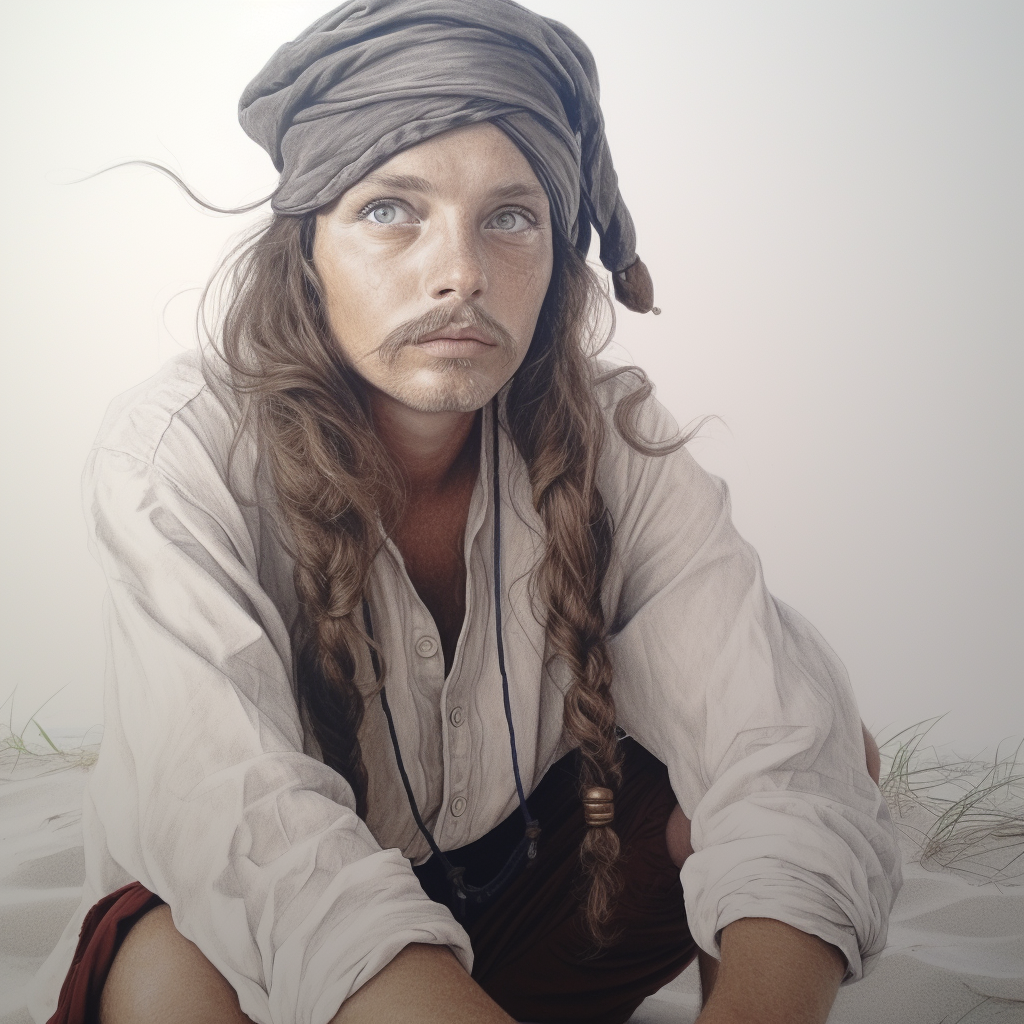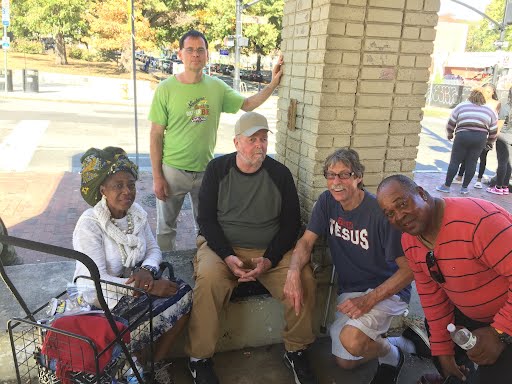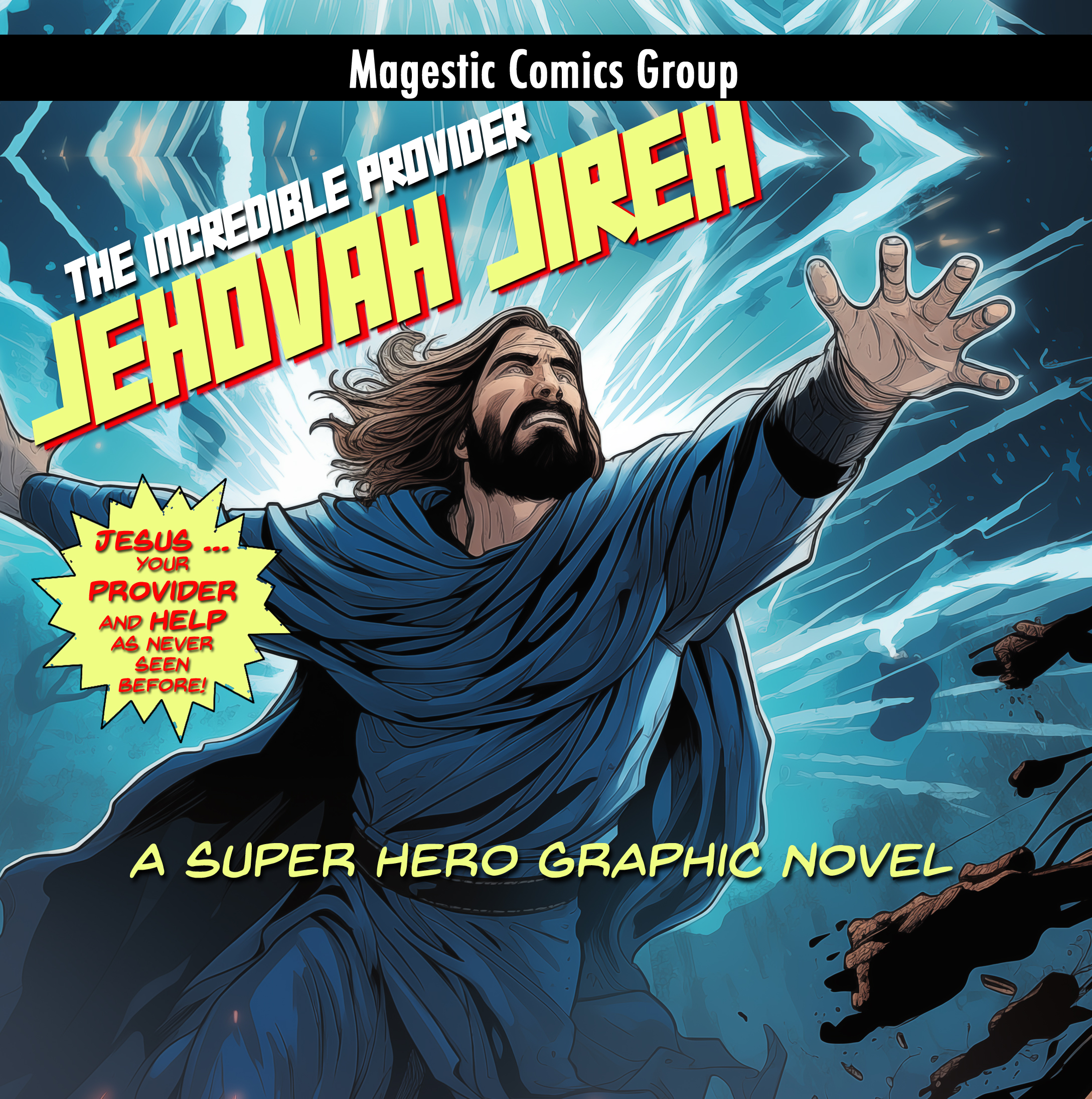A Battle at Fort McHenry Inspires a Song
Did you know …
Francis Scott Key is best remembered for writing a famous poem, The Star-Spangled Banner, which he wrote on the back of an old letter after witnessing a long battle.
It happened during the War of 1812. Shortly after the British attacked Washington D.C. in August of 1814, Key learned that one of his friends, Dr. Beanes, had been taken as prisoner on the enemy ship, Tonnant. He received permission from President Madison to discuss his release with the British. He took Colonel Skinner with him to help.
They placed a white flag of peace on their small boat and sailed Chesapeake Bay to find the British ships. They boarded the ship and convinced the general to release Dr. Beanes. However, he wouldn’t let the three men leave until after they attacked Baltimore on September 13, 1814.
Fort McHenry, a star-shaped brick fort, guarded the harbor entrance to Baltimore. Key and his friends watched anxiously from their ship as the British warships bombed the fort. Could the American soldiers defend the fort and prevent the British from attacking Baltimore?
Key could see the American flag waving in the breeze. As long as our flag flew over the fort, he knew that England hadn’t won the battle. He watched it all day until it grew too dark to see. After night fell, he searched for the flag through the red glare of the rockets.
The battle continued into the night. Then the cannons were still. With the pale light of dawn, Key searched the horizon. He couldn’t see the fort in the morning mist. As the sun came up, he saw our flag flying over the fort! Our brave soldiers had kept the British ships from Baltimore. The city was safe.
Key wrote a poem about what he saw on the back of an old letter while he was still in the harbor. He finished writing it at the Indian Queen Inn in Baltimore. He wrote about the anxious hours he watched the enemy bombard our fort. He wrote about the silence after the battle while he waited at dawn for proof “that our flag was still there.” He praised God for our victory.
There are four stanzas to the poem which eventually became our national anthem. We only sing the first stanza at ball games, so we aren’t familiar with the other verses. The last four lines of the last stanza are:
Then conquer we must, when our cause it is just,
And this be our motto – “In God is our Trust;”
And the star-spangled Banner in triumph shall wave,
O’er the Land of the Free, and the Home of the Brave.
They talked a little differently in 1814 than we do today, but these four lines are pretty important. Key believed that if we trust God and fight for a just cause, we will eventually win – maybe not all of the battles, but the war. And our flag will continue to wave victoriously over the United States, “the Land of the Free and the Home of the Brave”.
– Sandra M. Hart





